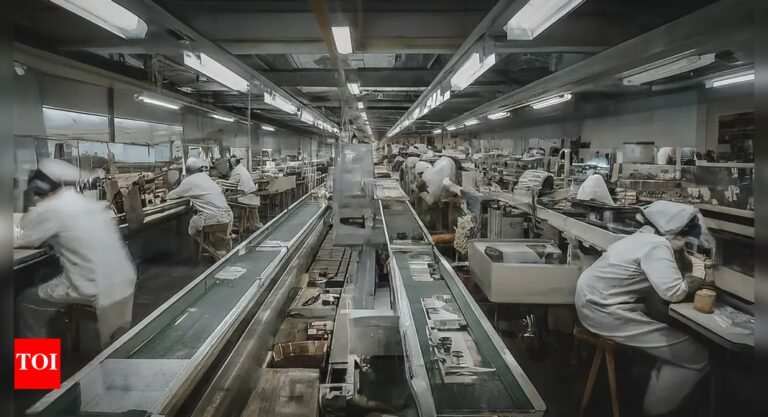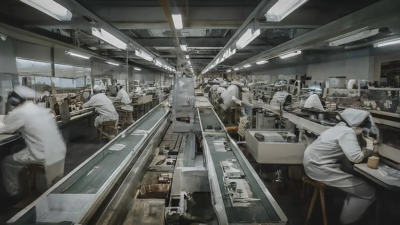Asia’s factory activity declined in May, hit by weak demand from China and the ongoing impact of US tariffs, according to private surveys released Monday, signaling a slowdown in the region’s economy.Manufacturing operations in Japan and South Korea experienced ongoing decline during May, while concerns about US President Donald Trump‘s automobile tariffs cast uncertainty over export prospects.Further economic concerns emerged as China’s official survey revealed continued manufacturing decline in May, marking two consecutive months of contraction in the largest Asian economy.Analysts said that slow progress in trade talks with the US is keeping businesses cautious about increasing production or investment.“It’s hard to expect a pick-up in Asia’s manufacturing activity any time soon with countries in the region slapped with quite high ‘reciprocal’ tariffs,” Toru Nishihama, chief emerging market economist at Dai-ichi Life Research Institute told Reuters.“With domestic demand weak, China is flooding Asia with cheap exports, which is also putting deflationary pressure on the region’s economies,” he added.Japanese manufacturing PMI data from au Jibun Bank indicated 49.4 for May, showing improvement from April whilst remaining in contraction territory for the eleventh consecutive month, according to Monday’s private survey.The fourth-largest Asian economy recorded 47.7 in May, continuing below the 50-point threshold for four straight months, affected by weak demand and US tariffs, as reported by S&P Global.Both Japanese and South Korean economies contracted in the first quarter, impacted by Trump’s tariffs and US trade policy uncertainty affecting exports and business activities, with no immediate signs of improvement visible.Earlier on Friday, Trump accused China of violating bilateral tariff reduction agreements, while China maintained that it had sustained trade communications with the United States.US commerce secretary Howard Lutnick added fuel to the fire, saying on Fox News that China was “slow-rolling” the agreement. China swiftly rejected the accusations, calling them baseless and “seriously contrary to the facts.” In a strong statement, its commerce ministry said Beijing “firmly rejects these unreasonable accusations.”Trump further announced that global tariffs on steel and aluminium would be doubled from 25% to 50%, saying the move is aimed at providing stronger protection for the US steel industry.Meanwhile, Japan and the US agreed to hold another round of trade talks ahead of the G7 summit in June. However, Japan’s top tariff negotiator stated that no deal would be made without concessions on all US tariffs, including those on automobiles.The private surveys further showed that Vietnam, Indonesia and Taiwan also saw factory activity contract in May.
Trending
- Tata Steel new plant: $1.5-billion electric arc furnace facility to come up at Port Talbot; UK government gives 500 million pounds
- RBI repo cut effect: HDFC slashes lending rates by 10 bps; new rates already in effect
- Jamie Dimon-led JPMorgan issues stern warning! Job hopping analysts to be fired; ‘if you accept a position with..’
- Myntra goes global: Online retailer launches first international platform in Singapore; targets Indian diaspora
- Market valuation: Mcap of 9 of 10 most valued firms jumps Rs 1 lakh crore; Reliance leads the way
- ‘Not a good indicator, what counts is…’: India overtaking Japan to be 4th largest economy no reason to be smug; WEF ex-MD serves reality check
- RBI repo reduction effect: Bank of Baroda cuts lending rate to 8.15%; Cheaper loans for homes and cars
- Foreign investment: India’s FDI hits 3-year high; Maharashtra leads with $19.6 billion
- ‘Unfairly low prices’: India slaps anti-dumping duty on China & Japan for two substances; says harming local producers
- Stock market next week: Global trends, inflation data, and FII flow to drive market sentiments: Analysts



